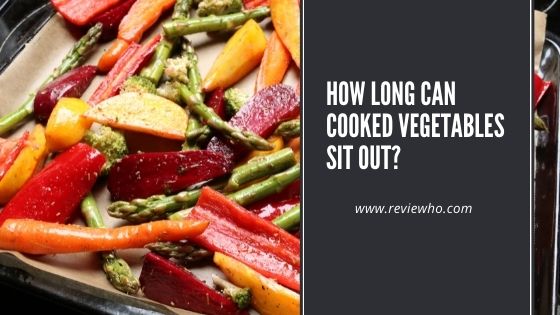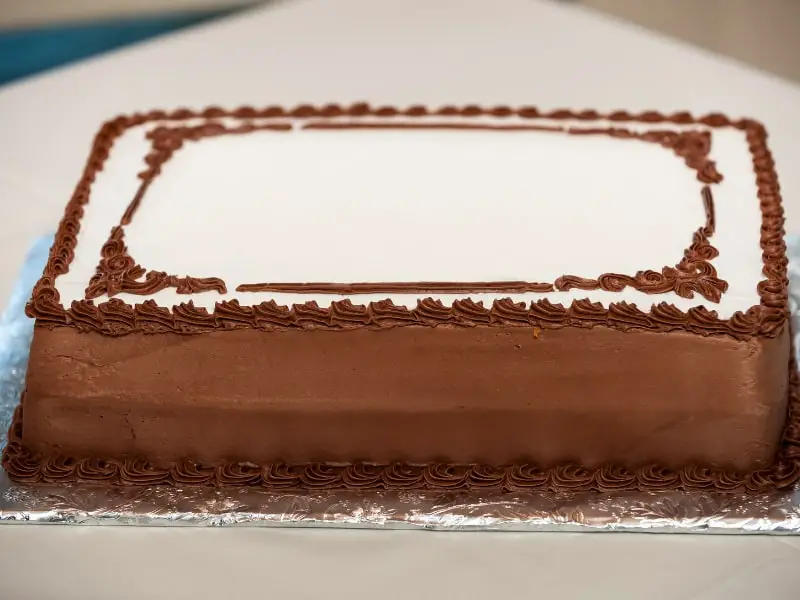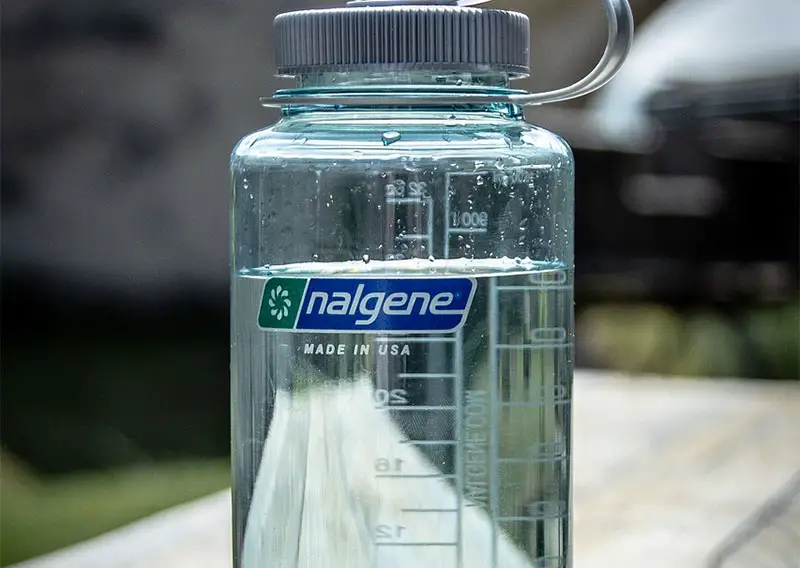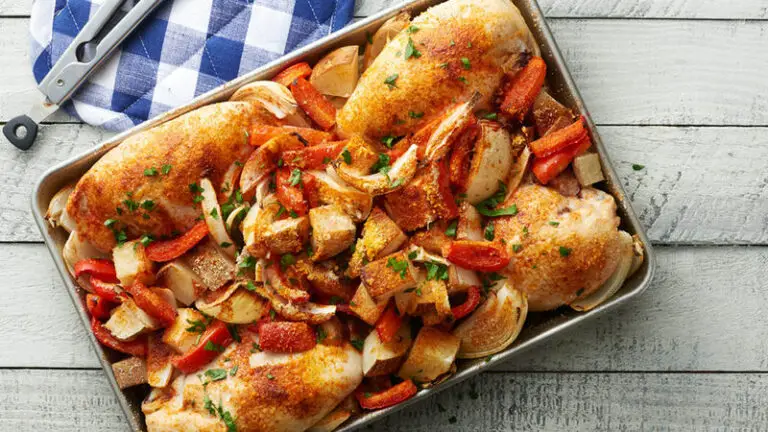Are you wondering whether you can leave your cooked vegetables overnight? Many people often ask this question. Cooked vegetables are a nutritious part of any meal, and it’s essential to store them in a way that maintains both their safety and nutritional value. This article will explore the factors that affect cooked vegetable storage, food safety guidelines for storing them, food spoilage indicators, and best practices for storing cooked veggies.
Factors that Affect Cooked Vegetable Storage
Various factors affect how long you can store cooked vegetables. Some of these factors include the type of vegetable, preparation method, humidity levels, packaging materials used, room temperature, and storage container.
Vegetable Type: Different types of vegetables may need specific storage conditions. For example, root vegetables like carrots last longer than leafy greens like kale when stored at room temperature.
Preparation Method: Cooking techniques like blanching or boiling can prolong the shelf life of some vegetables.
Humidity Levels: Vegetables retain moisture better with high humidity levels. Low humidity causes wilting and loss of texture leading to accelerated spoiling.
Packaging Materials Used: Use glass containers with tight-fitting lids or sealable plastic containers when storing cooked vegetables; they will keep them from drying out while preserving freshness for longer periods than non-airtight containers.
Room Temperature: Store cooked veggies at temperatures ranging between 40°F–140°F to prevent bacterial growth. Bacteria grow well in environmental temperatures that fall within this range – also known as the danger zone.
Storage Container: Glass containers allow visual inspection of contents while plastic containers come in different shapes and sizes suited for use in fridges and freezers.
Food Safety Guidelines for Cooked Vegetables Storage
The USDA states that all leftovers should be refrigerated or frozen within two hours of cooking if their external temperatures exceed 90 degrees Fahrenheit. When ambient temps between 40°F-140°F persist continuously for more than four hours, the growth of bacteria associated with foodborne illness might make the cooked vegetable hazardous to consume.
Therefore when storing cooked vegetables:
- Cool cooked veggies before storing them (avoid large quantities).
- After cooling, store in air-tight containers or sealable plastic bags
- Refrigerate within two hours of making them and keep cooked veggies below temperatures of 40°F.
- Would you like to re-heat the cooked veggies? Make sure that they reach an internal temperature above 140°F to kill any lingering bacteria.
Food Spoilage Indicators
Food spoilage indicators are sensory clues that warn a person about the state of their meal; they include odor, visible signs (discolouration), texture, and molds
Odor: An abnormally strong scent is a clear indication that your cooked veggies have gone rancid and aren’t fit for consumption.
Texture Change: Cooked Vegetables begin to lose moisture and get mushy when their cells break down due to spoiling.
Visible Signs: Brown patches, slimy surfaces on vegetables induce buyers to avoid purchasing them at stores and are also visible indicators of spoiled vegetables at home.
Mold Growth: Once mold develops on your cooked vegetables it signals that there might be harmful fungi present. Mold produces Toxins that can lead to food poisoning when ingested.
Nutritional Value Retention After Storage
Cooking affects nutrient preservation in various ways which include natural degradation processes over time, some cooking methods causing nutrient losses while others improve absorption rates during digestion processes. When we cook something, its chemical composition changes – this can lead to less or more nutrient loss depending on temperature and duration of cooking as well as type of vegetable used.
The nutritional composition of a typical serving size for different types of cooked vegetables varies but rest assured most nutrient retention occurs at precise storage temperatures and times – ensuring safe conditions for consumption after exposure periods.
Best Practices for Storing Cooked Vegetables
Keeping your cooked vegetables in optimal conditions after cooking requires a little attention to detail. Here are some best practices:
- Leftover cooked vegetables should be refrigerated within two hours of cooking.
- Use airtight containers to preserve quality, flavor, and texture.
- Store leftover veggies at a consistent temperature range of 40°F–140°F.
- Don’t effectively reheat the same leftovers multiple times since it risks bacterial growth due to temperature fluctuations during storage and reheat cycles.
Conclusion
In conclusion, storing cooked vegetables overnight can be done appropriately if the proper steps are taken to maintain food safety and optimum nutritional profile content. Following the tips detailed throughout this article is essential when storing cooked veggies – they will help prevent spoilage, nutrient loss, and ensure that you’re consuming safe food with excellent taste and texture.
Q&A
Q: Can I safely leave cooked vegetables out overnight at room temperature?
A: No, leaving cooked vegetables out at room temperature for more than two hours can lead to the growth of harmful bacteria and increase the risk of foodborne illness. It’s best to store them in an airtight container in the refrigerator within two hours of cooking.
Q: Is it safe to refrigerate cooked vegetables immediately after cooking?
A: Yes, it is safe to refrigerate cooked vegetables immediately after cooking. This helps prevent the growth of bacteria and keeps the vegetables fresh for a longer period. Be sure to store them in an airtight container and consume within three to four days.
Q: Can I reheat cooked vegetables that have been left in the fridge overnight?
A: Yes, you can reheat cooked vegetables that have been stored in the fridge overnight. Make sure they are reheated thoroughly before consumption and consume within one or two days.
Q: Can I freeze leftover cooked vegetables for later use?
A: Yes, leftover cooked vegetables can be frozen for later use. Allow them to cool completely before transferring them to a freezer-friendly container. They can be stored in the freezer for up to 3-4 months. Reheat thoroughly before consuming.






